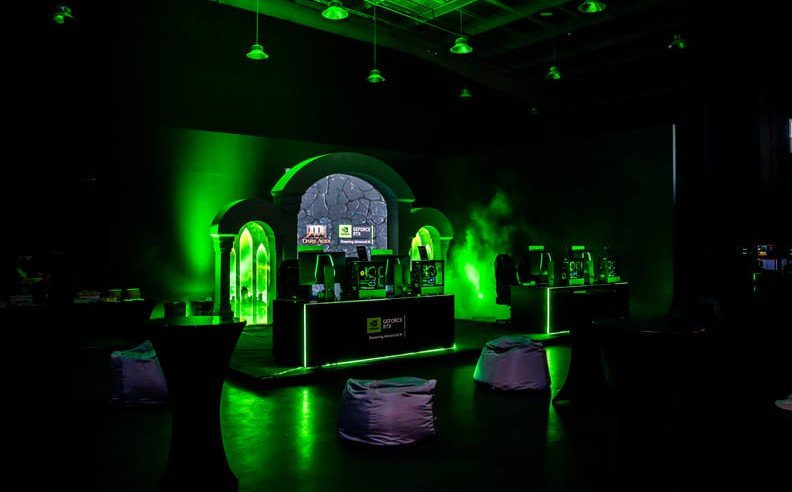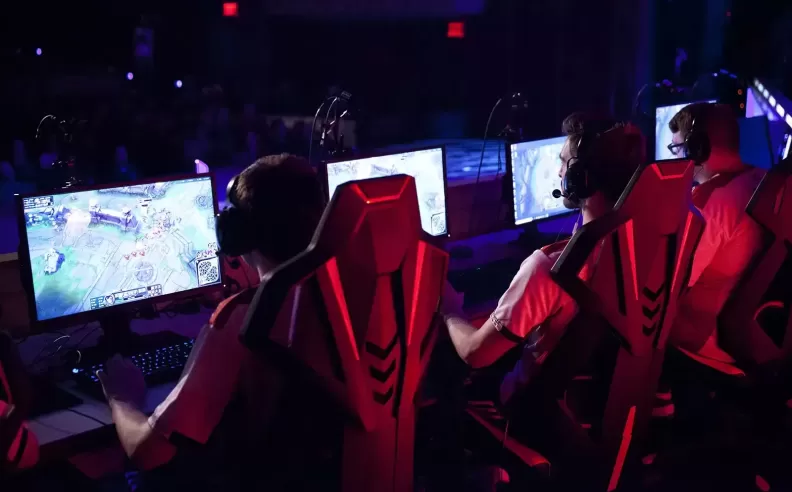
Let’s be real ten years ago, if someone said their dream was to “be a pro gamer,” most people would’ve laughed. Play video games… as a job? Now? Nobody’s laughing. They’re cheering. They’re betting. They’re watching live on Twitch by the millions. And some teenagers? They're signing contracts that most adults only dream about. Competitive gaming, or Esports, isn’t just “a thing” anymore it’s an industry. A big one. One that’s rewriting the rules of entertainment, money, and even what we consider a sport.
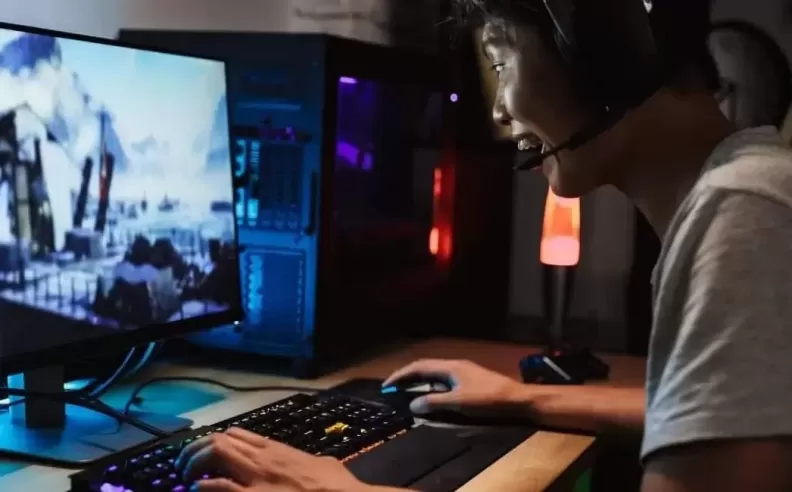
It's not just about winning tournaments. The real magic (and money) is happening inside the games themselves. These days, players can literally pay to get better. Think coaching, strategy sessions, or “boosting” services that help you level up faster. Yeah, it sounds wild, but it’s a thing and it works.
Games like League of Legends or World of Warcraft have entire side economies. You’ve got pros helping amateurs. Teams offering support services. Players buying digital advantages. It’s no longer just a game. It’s a platform where performance, skill and yes, money are all tightly linked.
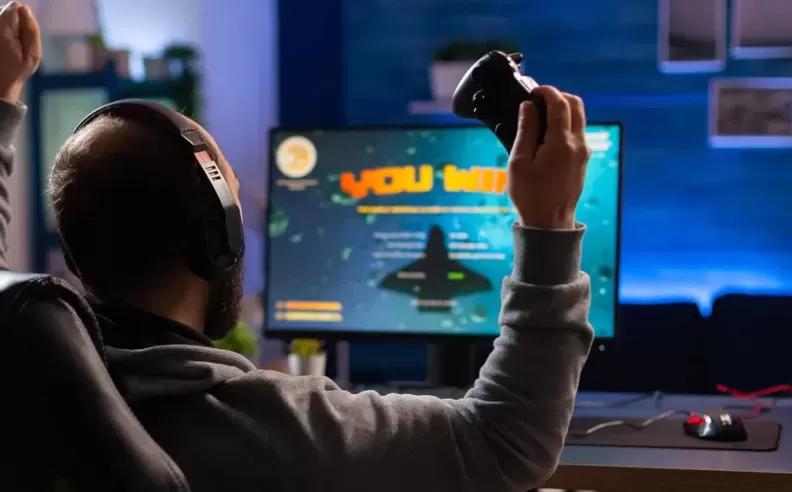
Spoiler: it's not just game sales. Esports tournaments have prize pools that would make even top athletes blink. Dota 2 handed out $40 million in one tournament. Fortnite crowned a teen champion with a $3 million payout. That’s not small change.
But that’s just the surface. The real money is in branding. Red Bull, BMW, Nike even Louis Vuitton are investing in the scene. Some are designing exclusive game content. Others are hosting live events. Betting platforms have joined in too, sponsoring teams and tournaments. And it makes sense. These brands go where the eyeballs are and right now, they’re watching gamers more than primetime TV.
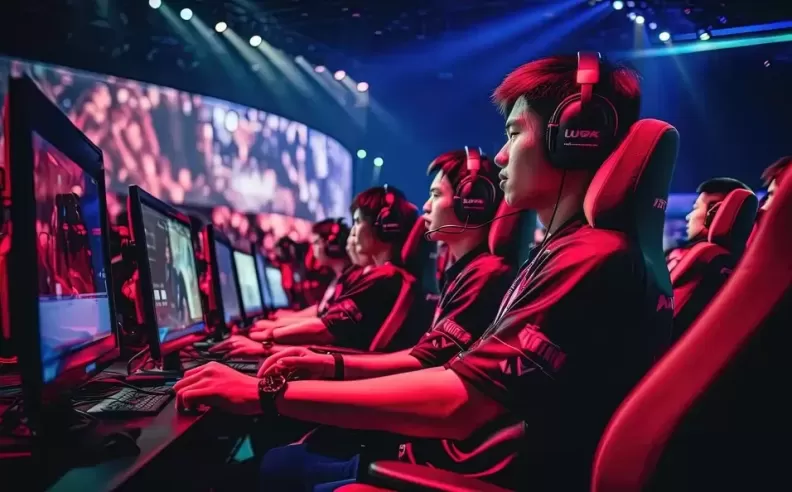
Totally. Top-tier Esports teams operate like professional football clubs. Scouting talent? Check. Selling merch? Yup. Huge fanbases? Absolutely. FaZe Clan started as a YouTube group and now it's a publicly traded brand with deals in fashion and media.
Players get traded for millions. Like, actual millions. Contracts are signed. Agents are involved. It’s not some chaotic online world it’s organized, it’s strategic, and it’s built to last.
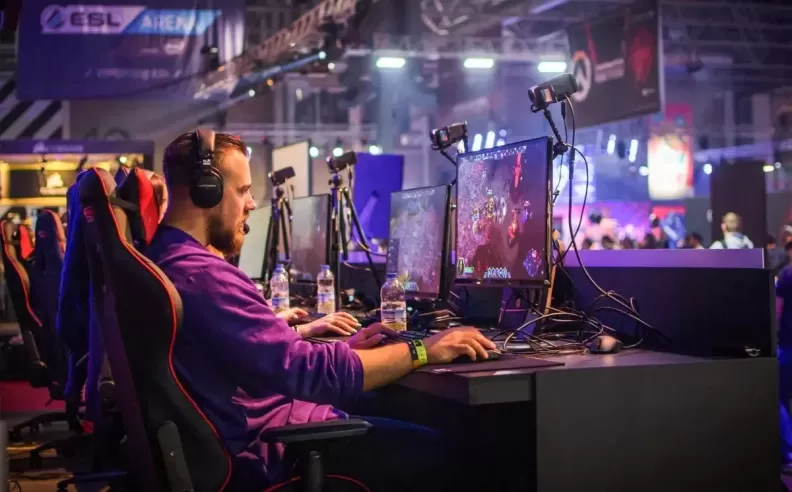
This is where Esports becomes personal. Fans aren’t just watching they’re part of the ecosystem. Platforms like Twitch and YouTube Gaming are booming. Millions tune in live, comment, subscribe, and donate in real time. Top streamers like Ninja have audiences that beat cable channels. That’s no exaggeration.
And yes, betting has become a huge part of the scene. People bet on match results, number of kills, even who gets the first shot. It mirrors traditional sports in so many ways, just... faster. More reactive. More digital.
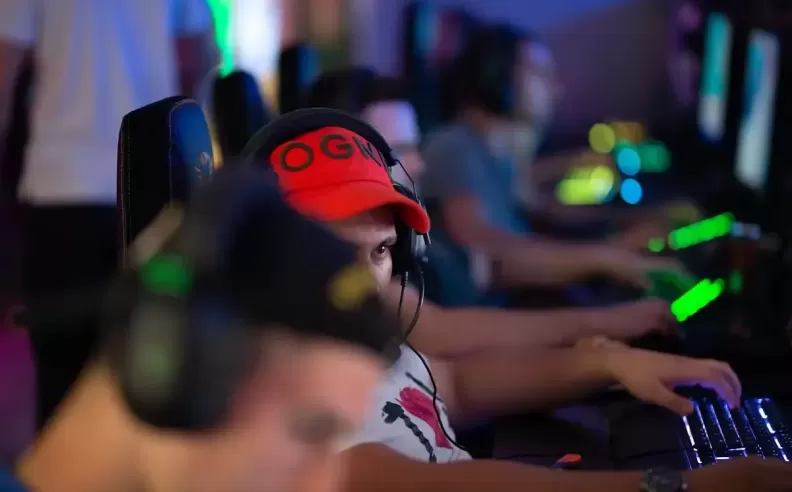
Honestly? It’s both. Esports has borrowed the structure of traditional sports coaches, training routines, mental health support. Players practice 8–12 hours a day. Some retire early from burnout or injuries (yes, gaming injuries are real wrist, neck, vision). It’s intense.
But what makes it unique is the culture. The memes. The merch. The community-driven everything. Fans buy FaZe jerseys the way others wear Real Madrid kits. They follow team transfers. They argue stats online. It’s the same passion just a new platform.
Gaming isn’t going away. If anything, it’s only getting bigger. With tech like VR, AI coaches, and even smarter training tools on the rise, Esports is evolving fast. The line between traditional sports and digital ones? It’s already starting to blur.
What began as a basement hobby has become a full-blown industry with its own stars, dramas, and diehard fans. And honestly? It’s one of the most exciting things happening in entertainment right now.

Started my career in Automotive Journalism in 2015. Even though I'm a pharmacist, hanging around cars all the time has created a passion for the automotive industry since day 1.
